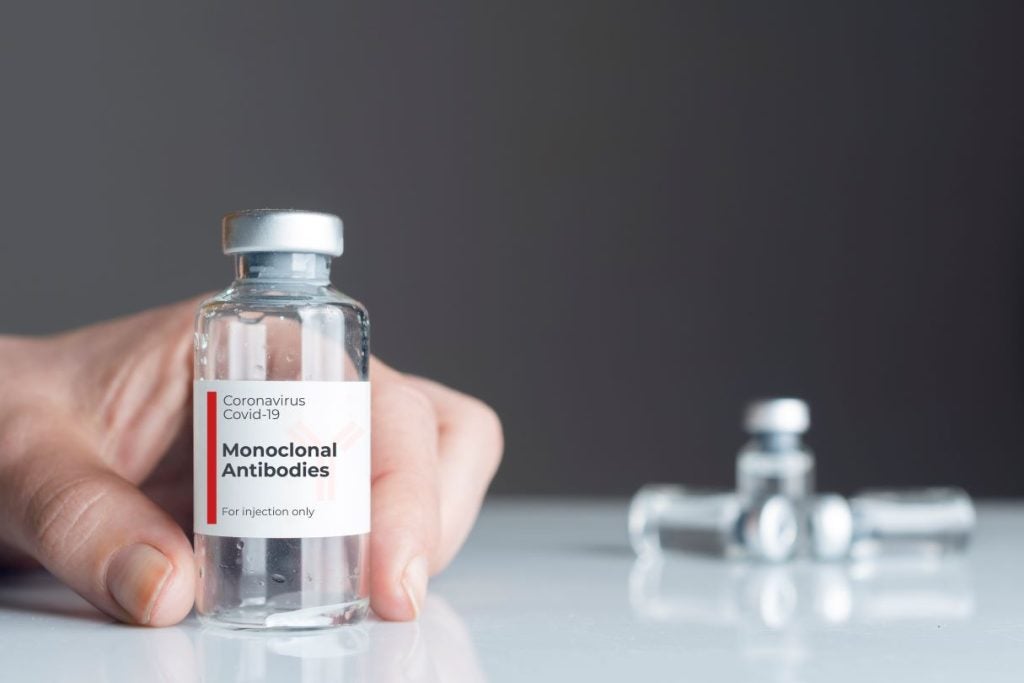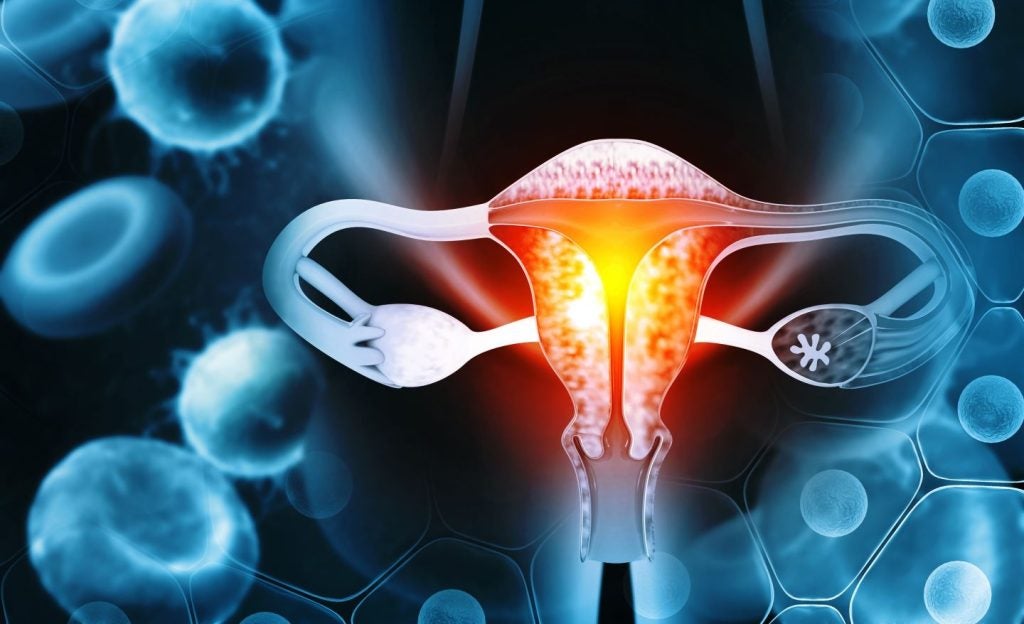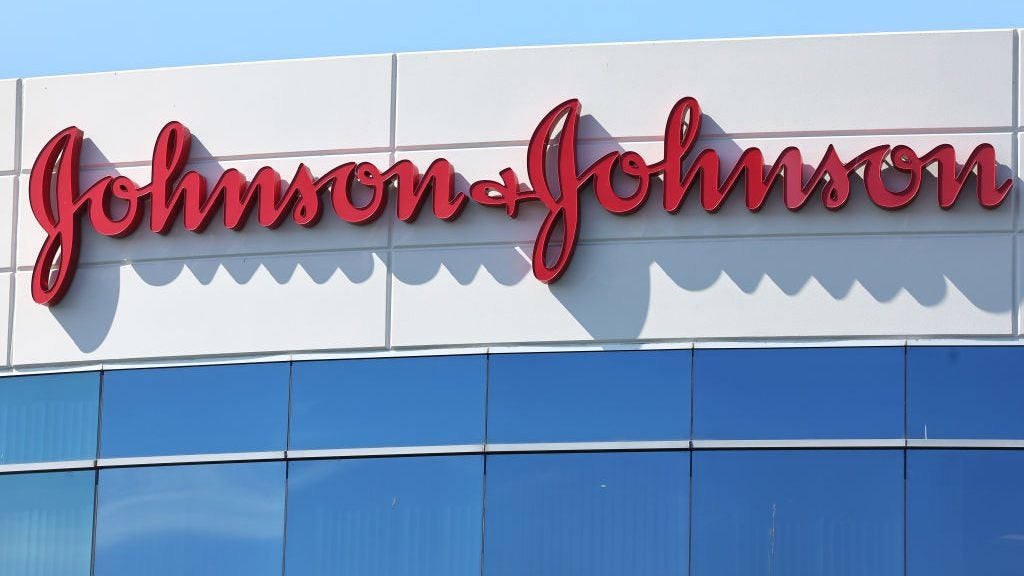The US Food and Drug Administration (FDA) released the final guidance document for the development of monoclonal antibody (mAb) prophylactics for SARS-CoV-2 intended to be regulated by emergency use authorisations (EUAs).
The 19 December document highlighted the need to manufacture mAb therapies that could adapt to emerging variants as several therapies have lost their EUA status since the pandemic.
Since the initial guidance in February 2021, the disease landscape has changed dramatically, with a significantly lower incidence of Covid-19 globally. However, the FDA highlighted the continued evolution of the virus that affects the efficacy of mAb therapies.
The regulator reminded sponsors that mAb products should be prepared with the expectation of their use in the context of combination therapies. The guidance also encouraged manufacturers to produce therapies that could bind to different epitopes, allowing them to adapt to new, emerging variants. The FDA advised sponsors to monitor SARS-CoV-2 genomic databases continually for emerging variants and review how these would affect mAb interactions with the target epitope.
During the Covid-19 pandemic, the FDA granted EUAs for mAb therapies such as AstraZeneca’s Evusheld (tixagevimab plus cilgavimab) and GSK’s Xevudy (sotrovimab). However, both therapies lost their authorisation due to their inefficacy against newer Omicron subvariants. In January, the FDA said it would only consider reinstating Evusheld’s EUA “if the national prevalence of resistant variants decreases to 90% or less on a sustained basis”.
On 19 December, the World Health Organisation classified JN.1, a subvariant of the Omicron strain of coronavirus, as a new “variant of interest”. Thus far, JN.1 has been observed in several countries, including the US, UK and China. The organisation evaluated the variant’s risk to be “low” but said that it could increase the incidence of respiratory infections in many countries.
The FDA issues EUAs to approve medical products that can treat serious or life-threatening conditions, in which the benefits of approval outweigh any risks. This authorisation is based on the currently available data, but the FDA expects sponsors to continue data collection for a biologics licence approval as soon as possible.















